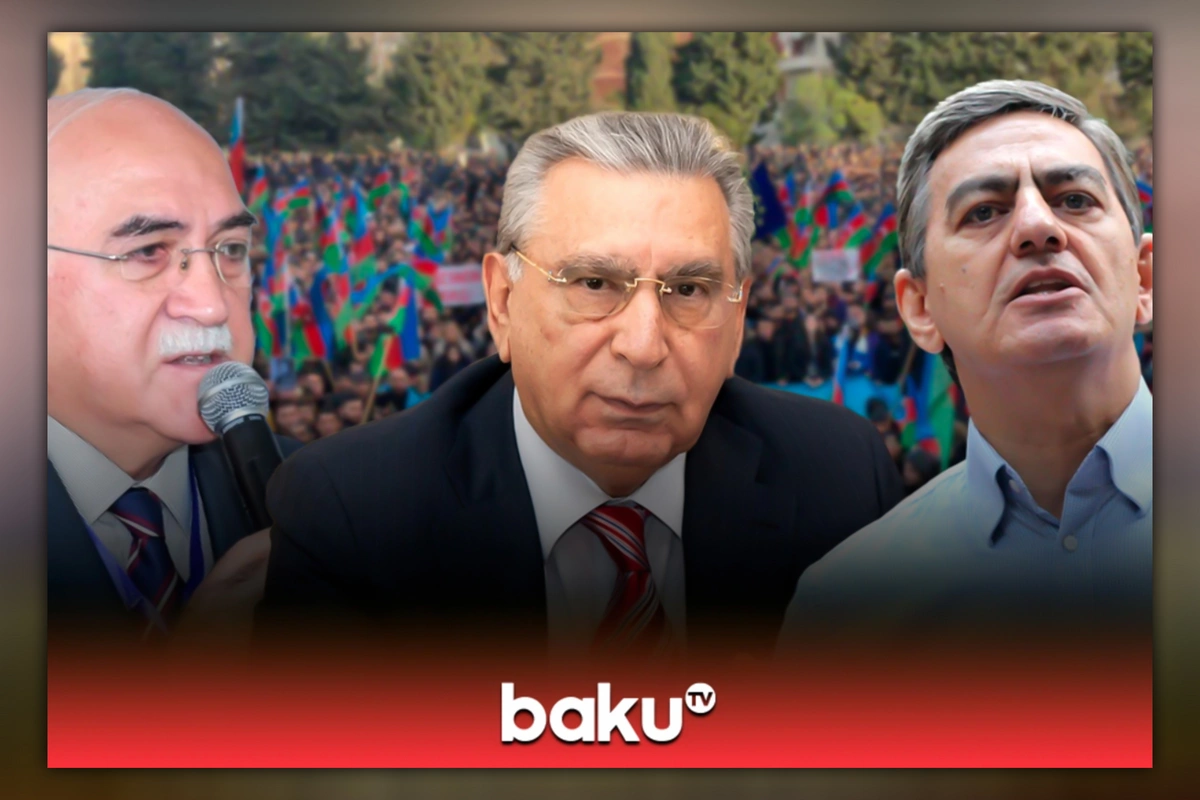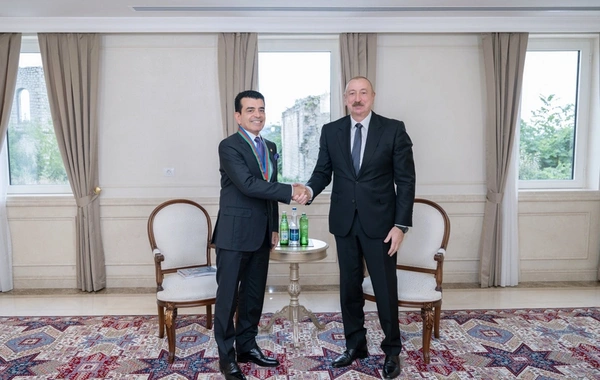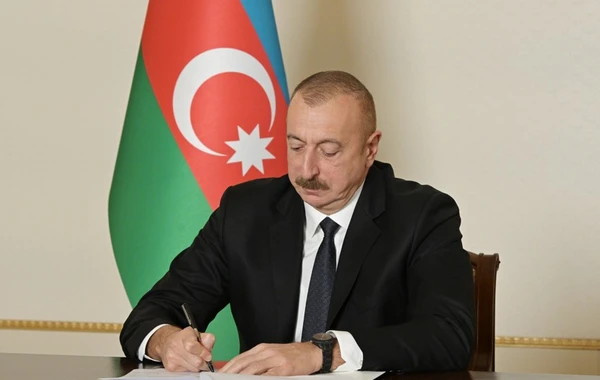Resignation of Ramiz Mehdiyev revealed the true face of Azerbaijani pseudo-opposition

The removal of former Head of the Presidential Administration Ramiz Mehdiyev revealed long-hidden connections in the Azerbaijani political arena and exposed the essence of old shadow networks. The tandem of the Popular Front of Azerbaijan Party (PFAP) and "Musavat," which for years acted under the guise of "opposition" but actually served as executors of certain scenarios under Mehdiyev's control, noticeably quieted down after this turning point.
As soon as Mehdiyev left the political scene, the so-called "period of actions," which these parties had demonstrated for years, effectively ceased. There were no more rallies, marches, or calls for mass protests. It was as if the main pillars that formed the landscape of these structures suddenly disappeared, and their activity mechanically stopped.
The reason for this silence is simple: over the years, PFAP and "Musavat" had transformed into elements of a "systemic opposition," acting in accordance with Mehdiyev's political plans. Their activities served to intensify internal tensions, deepen artificial gaps in relations between the state and society, and Mehdiyev used these processes to create a political balance. When he was removed from the arena, the scenario collapsed, and the performers naturally fell silent.
Before the 44-day Patriotic War, representatives of these circles openly stated that the Azerbaijani army would not be able to liberate Karabakh, particularly actively propagating this idea on social media and in the press. The calls "war is impossible," which sounded in 2019, are still preserved in archives. However, the second Karabakh war clearly showed how unfounded these claims were. After the victory, the same circles changed direction and began to diminish it - striking examples are statements about the "Russian factor" or that "the deployment of peacekeepers means the loss of territory." Meanwhile, the Azerbaijani flag was flying in cities liberated from occupation, and peacekeepers were part of a temporary mechanism.
The essence of these attempts was not only to overshadow the greatness of the victory but also to undermine the legitimacy of the state and the unity of the people. The influence that Mehdiyev created over the years within political structures, claims about a "5th column" associated with him, and the behavior of the PFAP-"Musavat" tandem in accordance with influence from external circles are important parts of this picture.
For years, there have been claims about the coordination of attempts to implement "soft coup" scenarios in the region developed by various Western foundations, to intensify social tension in the country, to create divisions on ethnic and religious grounds, to transmit to society the subconscious message of "those who don't want war." In these processes, Mehdiyev acted as an internal coordinator, and PFAP and "Musavat" as socio-political executors.
The new reality created by the 44-day victory confirmed Azerbaijan's strength, the unity of the people, and the will of the army. However, both in Armenia and in our country, there were forces unwilling to accept this reality. In parallel with revanchist circles in Armenia, some networks in Azerbaijan, operating under the guise of "freedom of speech," moved in the same direction - to strike at the stability of the state.
Today, most of Azerbaijani society understands well that structures such as PFAP are closer to the political agenda of foreign centers than to the interests of the people. Their slogans about "democracy" often serve as advanced ideological cover for various political projects.
The sphere of influence formed by Ramiz Mehdiyev over many years, networks operating according to Western foundations' scenarios, political groups that tried to overshadow the joy of the people even after victory, have already been recognized and exposed by society. Public trust has turned away from these structures.
The main task facing the state is to completely neutralize the remnants of this "5th column," to reduce to zero the possibilities of influence of any circles trying to disrupt national unity, and to protect the future development of the country from internal sabotage. Because in this country, there is no place for behavior that exchanges national interests for personal ambitions and turns pride into an object of political bargaining.
More details in the video material from Baku TV:
Similar News
Director General of ICESCO congratulates President of Azerbaijan
Director-General of ICESCO Salem bin Mohammed Al-Malik sent a congratulatory letter to the President of the Republic of Azerbaijan Ilham Aliyev. As reported by...




 Azərbaycanca
Azərbaycanca  По-русски
По-русски  English
English 






